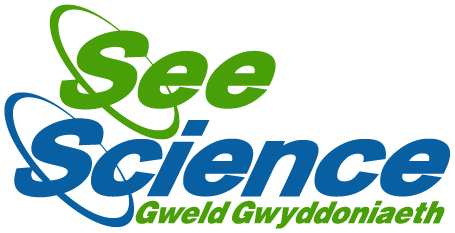Competitions
Last updated: May 30th 2024
UK CanSat Competition 2025
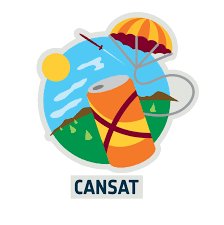 UK CanSat Competition 2025, delivered by ESERO-UK is now open for registration!
UK CanSat Competition 2025, delivered by ESERO-UK is now open for registration!
The CanSat competition provides students aged 14+ with the opportunity to have practical experience working on a small-scale space project. They are tasked with designing and building their own simulation of a real satellite, integrated within the volume and shape of a soft drink can.
The challenge for students is to fit all the major subsystems found in a satellite, such as power, sensors and a communication system, into this minimal volume.
Details here.
No Adults Allowed Gardening Competition
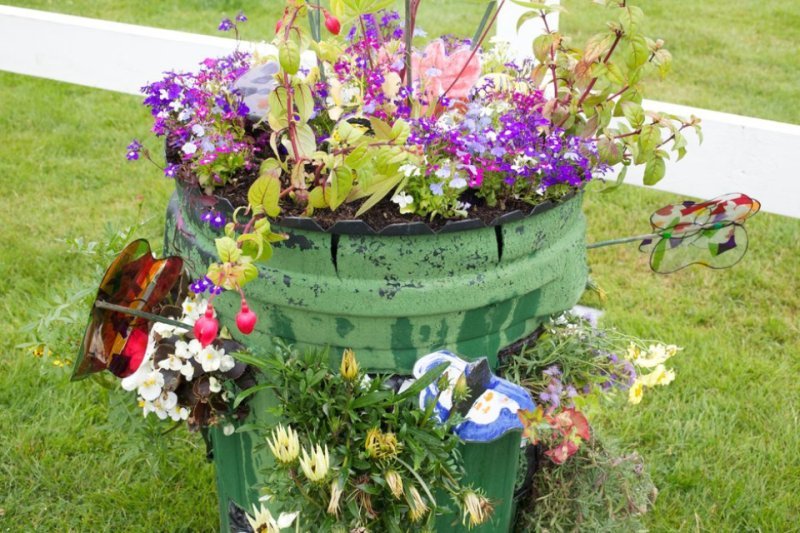 In a historic first, children are taking over the RHS Feature Garden at the RHS Chelsea Flower Show 2024. The garden is being designed by children, for children.
In a historic first, children are taking over the RHS Feature Garden at the RHS Chelsea Flower Show 2024. The garden is being designed by children, for children.
What's it all about?
Pupils from Sulivan Primary School in London have been working with garden designer Harry Holding to create the brief and design for their very own show garden. The pupils have chosen to design a No Adults Allowed Garden, a safe space for children to learn, play and explore.
To celebrate the garden, we are asking children and young people across the UK to design their own No Adults Allowed Garden. If you're a primary school, enter to be in with the chance of winning £1,000 which will help to bring their ideas to life within their school grounds.
To take part and the first 1,000 primary schools will receive a special No Adults Allowed competition pack in the post, containing a youth-led design booklet, teachers notes, a poster and a packet of microgreens seeds, kindly provided by Grow Sow Greener.
Closing date for submissions, Friday June 14th.
More information here
BioArtAttack (2D) 2024
 The Royal Society of Biology’s BioArtAttack (2D) 2024 is now open to entries.
The Royal Society of Biology’s BioArtAttack (2D) 2024 is now open to entries.
The competition is a 2D art drawing and painting competition for 7 – 18 year olds to draw or paint your favourite animal, plant or fungi.
Teachers can download a free lesson plan to help your students prepare their artwork.
Prizes include £50 for winners and an invitation to take part in an experience day event at the Royal Veterinary College.
The deadline for entries is Sunday 30th June.
Details here.
Royal Society of Biology Photography Competition 2024
 'Transforming Life’ is the theme of this year’s Royal Society of Biology Photography Competition, which is now open to entries.
'Transforming Life’ is the theme of this year’s Royal Society of Biology Photography Competition, which is now open to entries.
All amateur photographers are invited to enter up to three photographs on the theme of Transforming Life.
There are two age categories in the competition:
- 18 year olds and over, and
- under 18s.
Closing date, Thursday 20th June.
Details here.
'Brilliant Poetry'!
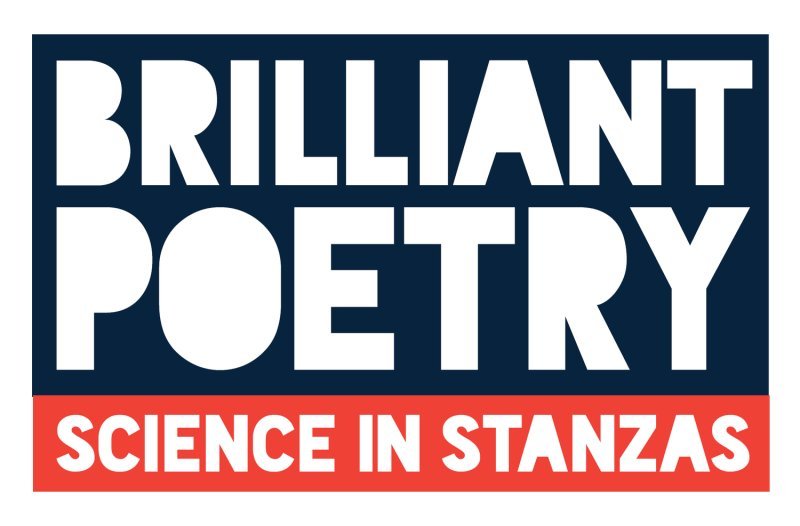 This is a FREE global poetry competition where anyone is eligible to enter.
This is a FREE global poetry competition where anyone is eligible to enter.
Write a poem that is 40 lines or less and related to science.
Prizes:
First - £1,000
Second - £500
Third - £250
Closing date, 21 June 2024.
Details here.
The Eurekas
 The Eurekas is an annual physics competition for students aged 11-16 in the United Kingdom and Ireland. It is part of the Limit Less campaign, which has been conceived by the Institute of Physics to broaden and diversify the range of people doing physics after age 16.
The Eurekas is an annual physics competition for students aged 11-16 in the United Kingdom and Ireland. It is part of the Limit Less campaign, which has been conceived by the Institute of Physics to broaden and diversify the range of people doing physics after age 16.
This year, we challenge entrants to answer the question: Can physics help us solve mysteries?
Closing date, 10 June 2024.
Details here.
Science in Medicine School Teams Prize
 The National Heart and Lung Institute and the British Heart Foundation’s Centre of Research Excellence at Imperial College London are offering the 4th Annual "Science in Medicine School Teams Prize" to engage sixth form school students with science in medicine.
The National Heart and Lung Institute and the British Heart Foundation’s Centre of Research Excellence at Imperial College London are offering the 4th Annual "Science in Medicine School Teams Prize" to engage sixth form school students with science in medicine.
This year we have 5 contests to enter:
- The British Heart Foundation Cardiovascular Prize
- The Lung Prize
- The Scleroderma and Raynaud’s UK Prize
- The Vasculitis UK Prize
- The Global Health Prize
Closing date for submissions, Monday, July 1st.
Details here.
Starpack Schools Competition 2024
 Register now for the new Schools Starpack Competition for pupils aged 9 to 17. The competition has been designed to link to and support the school curriculum, especially Design & Technology, and encourage young people to consider the important role played by packaging in protecting the products we take for granted.
Register now for the new Schools Starpack Competition for pupils aged 9 to 17. The competition has been designed to link to and support the school curriculum, especially Design & Technology, and encourage young people to consider the important role played by packaging in protecting the products we take for granted.
There are three briefs for secondary schools with separate categories for years 7 & 8, 9 & 10 and year 12:
- Product design brief
- Product analysis brief
- Packaging research brief
In addition, we have launched a brief for KS2 focussing on recycling packaging and identifying packaging materials.
The briefs have all been designed in such a way that they may be incorporated into your scheme of work for delivery in lessons, or they can be run as an extracurricular activity such as a STEM club or STEM Day.
Registration opens in early June and a package of guidance and support is available for each brief. The competition is free to enter, and great prizes are available for the winning pupils.
Closing date for submissions 26 July 2024.
Details and registration here.
The Special Species Game
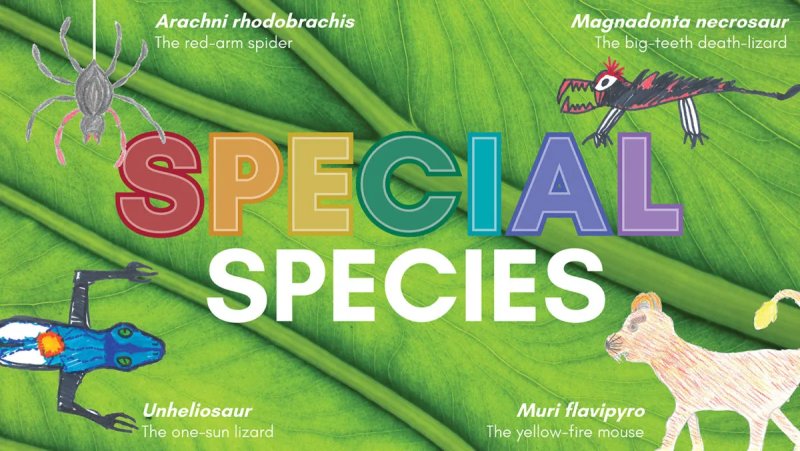 Create your own Special Species and send them in!
Create your own Special Species and send them in!
Every species has its own unique scientific name that is chosen by the individual or team that discovers it. The name usually reflects something about the species itself.
Carl Linnaeus came up with the 'binomial' naming system, which means two names. Every species is known by two names - we are Homo sapiens (meaning human thinking, or wise).
You can come up with your own Special Species by combining together different latin or greek words and imagining what the species would look like and why the species might have developed those features through evolution.
There are three main ways to create your own Special Species:
- Use our online Random Special Species Generators
- Download and print our special species card game
- Use the power of your imagination (maybe with some guidance from our word lists)
We will be highlighting great works as we receive them.
Winners are awarded every year in April, July, September and December.
Details here.
2024 Oxford Scientist Schools Competition
This competition is for all UK students Year 10 - 13. 
Essay Task: Students are invited to write a 700-word essay on one of two themes available on our website.
Year groups: Year 10 - 13 (Year groups marked separately)
Benefits: This is an invaluable opportunity to develop interests in science, mathematics, and the humanities. Participation is highly beneficial for enhancing personal statements and school references, as our past winners have included both science and humanities students. Year 12a may particular benefit as this is one of the last competitions in the academic year!
Rewards: (Winners will be announced 1st September before UCAS deadlines)
- Winners will have their articles published and printed, receive certificates from our esteemed judges, and participate in a detailed feedback session with our team among other prizes.
- Finalists will also have the opportunity to have their work published on our partnered sites, allowing more students to receive recognition on their work.
- Deadline: All submissions must be received by Wednesday, 10th July 2024.
Details here
